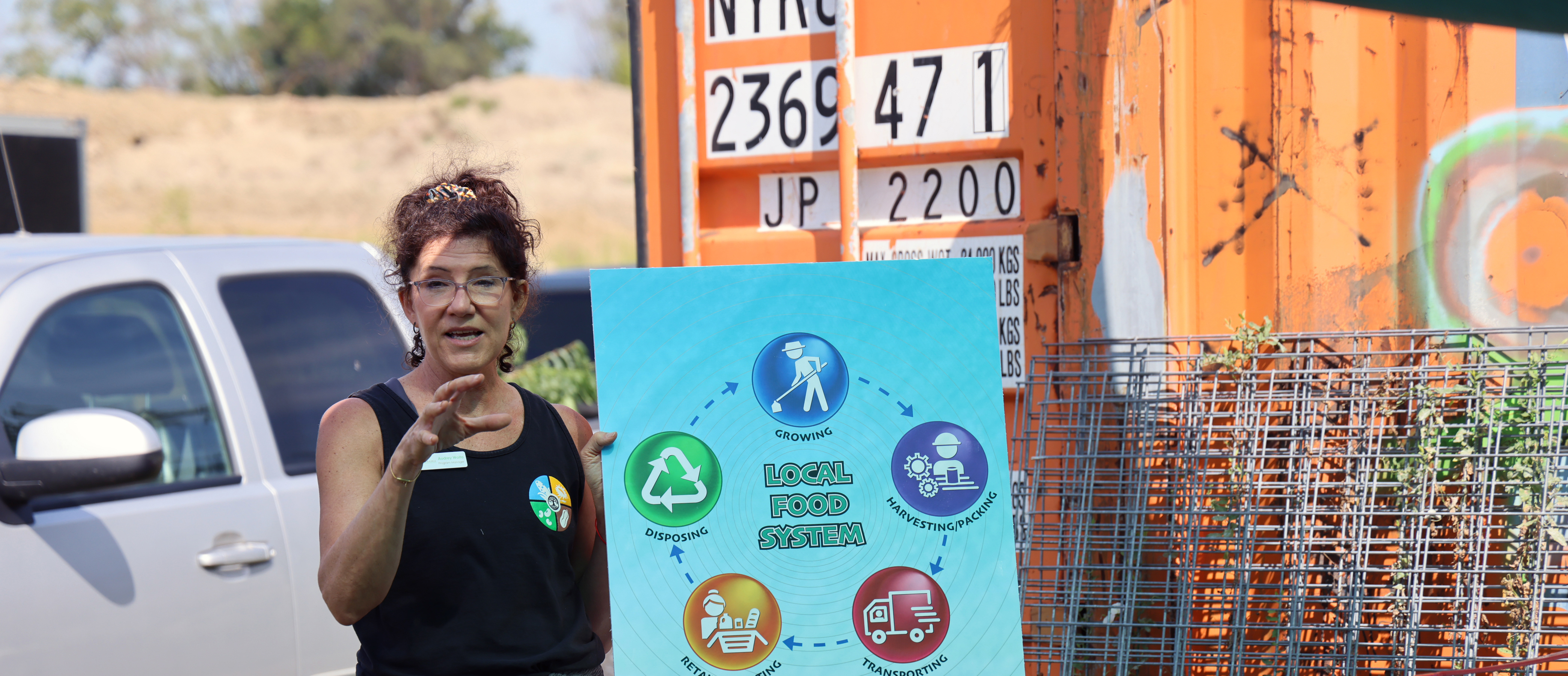Leading Starts with a First Step
The Local Food Leader program offers a dive into the world of local food systems and community engagement. As a participant, you will gain a deeper understanding of global, local, and community food systems; improved facilitation and leadership skills; and enhanced abilities in equity conversations and project evaluation, making you better equipped to support and develop food systems in your local area.
The Local Food Leader program is perfect for local food coordinators, food policy councils, public health workers, charitable organizations, healthcare professionals, master gardeners, and other Extension professionals. The program includes a full-day, in-person workshop and an optional online course that offers deeper dives into key topics. Upon completion, you receive a Local Food Leader certification and access to valuable resources to support your future work in bringing healthier, fresher foods to Nebraskans.
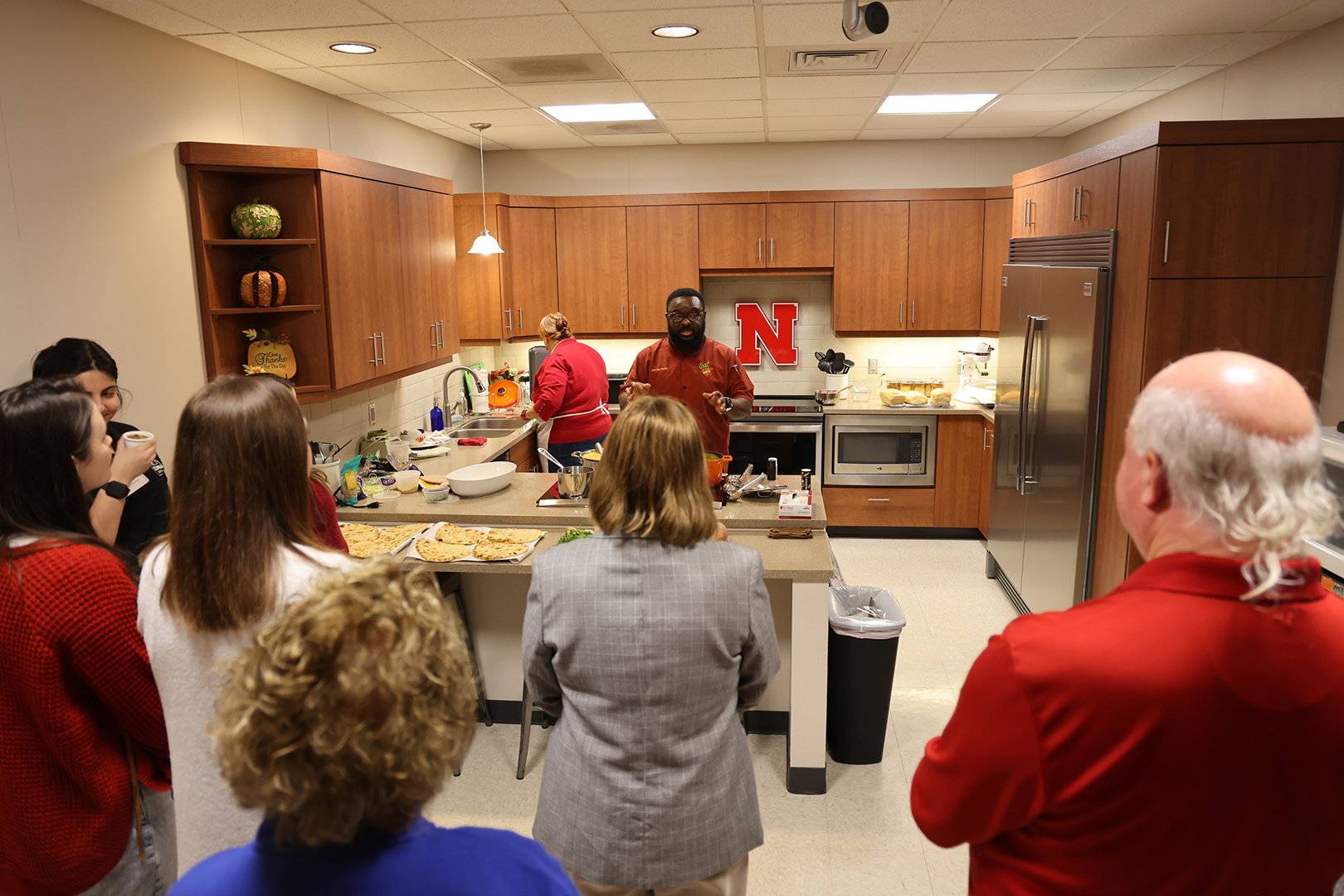
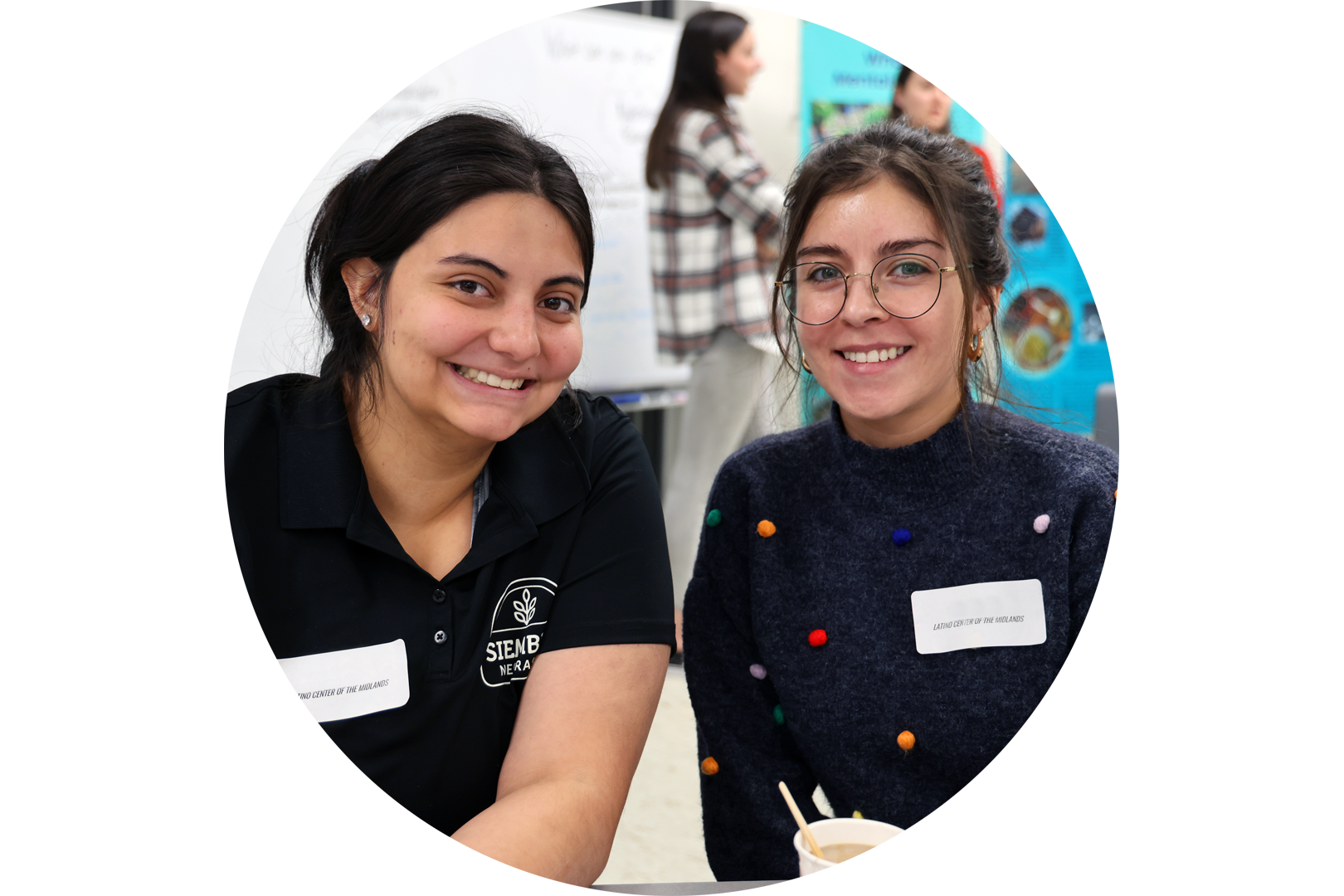
WHO SHOULD ATTEND?
Local Food Leader is intended for beginning food practitioners, but it is open to anyone interested in food systems development and collaboration, including local food coordinators, food policy councils, public health workers, charitable organizations, health care professionals, master gardeners, and Extension professionals.
Workshop details are as follows:
- Date: 1-4 days
- Time: 8 hours total
- Where: Zoom
- Cost: $75/person (scholarships are available)
- How: Register by Using this Form
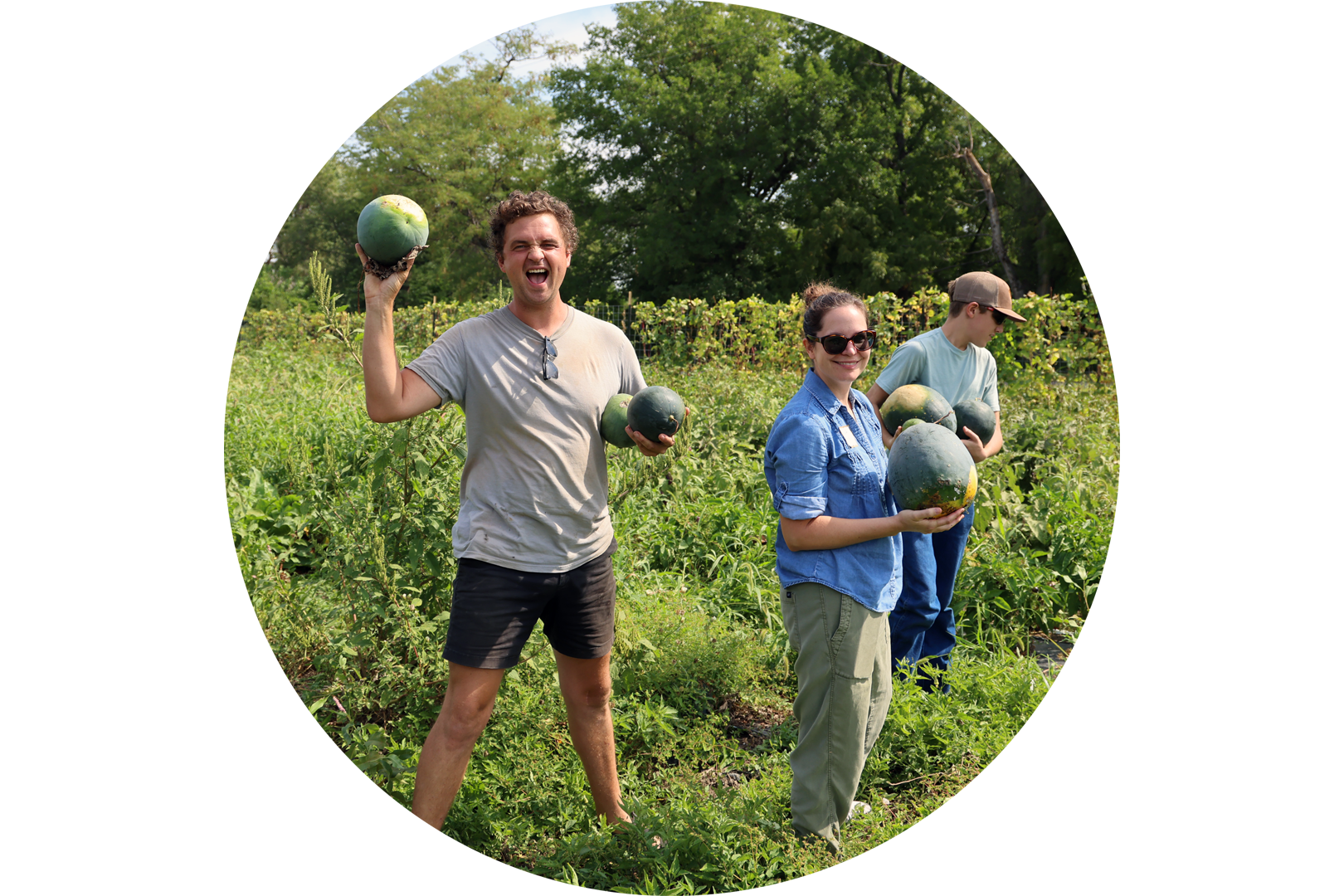
OBJECTIVES
The Local Food Leader workshop aims to help you meet the following goals:
- Understand global, local, and community food systems
- Learn to facilitate conversation and working groups around food systems development
- Improve conversation capacity in equity as it relates to food systems
- Develop and create work plans and scopes of work
- Participate and network amongst local cohorts
- Create successful teams
- Improve evaluation techniques for programs, projects, and systems
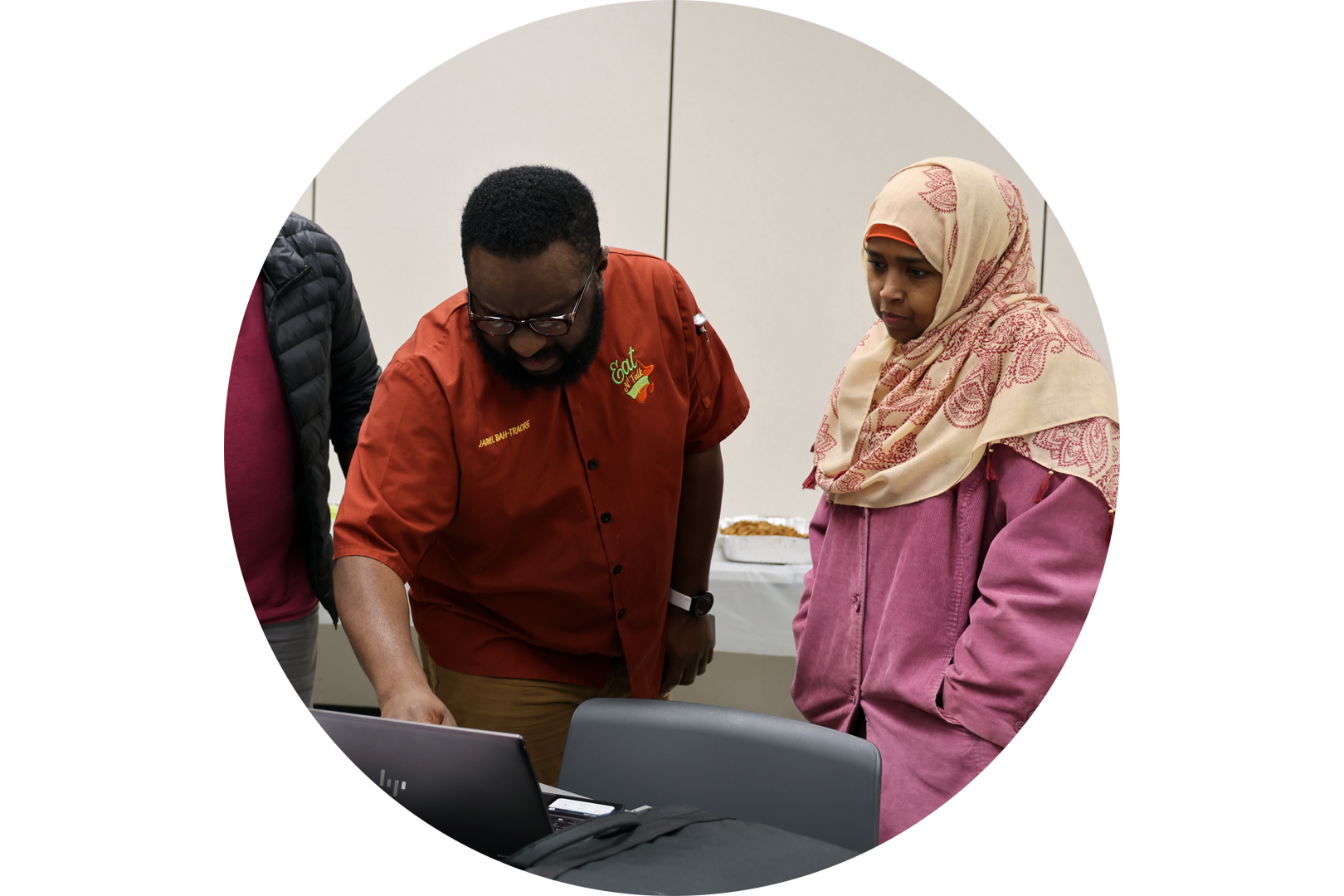
STRUCTURE OF THE TRAINING
The program is divided into two parts. The first is an in-person, full day workshop. The second (optional) is an online course that explores food systems more deeply through video presentations, readings, reflections, assignments, and quizzes.
The workshop starts with an introduction to common language in food system work, centering equity as a foundational concept, then delving into topics that coincide with the online modules:
- Community Food Systems: understanding global and local food systems, areas of work, people who work in the food system, and relevant policy
- Methods of Engagement and Leadership: coalition development, inclusion, methods for capacity building, collective impact, and strategic doing
- Creating Teams and Tools for Success: logic models, plans of work, project budgeting including funding opportunities, professional development plans and assessments
- Evaluation: feasibility studies, project evaluation, and research question development
Upon completing both the in-person and online workshops, participants receive their Local Food Leader Certification. Those who become certified have access to even more resources, worksheets and templates to support their future work.
*Workshop and online modules are separate costs.
Contact Us
BEN JEWELL
RPN Extension Educator
402-269-2301
bmcshane-jewell2@unl.edu
JUSTIN CARTER
Project Associate
Center for Rural Affairs
402-687-2100, ext. 1018
justinc@cfra.org
